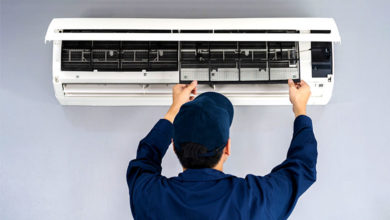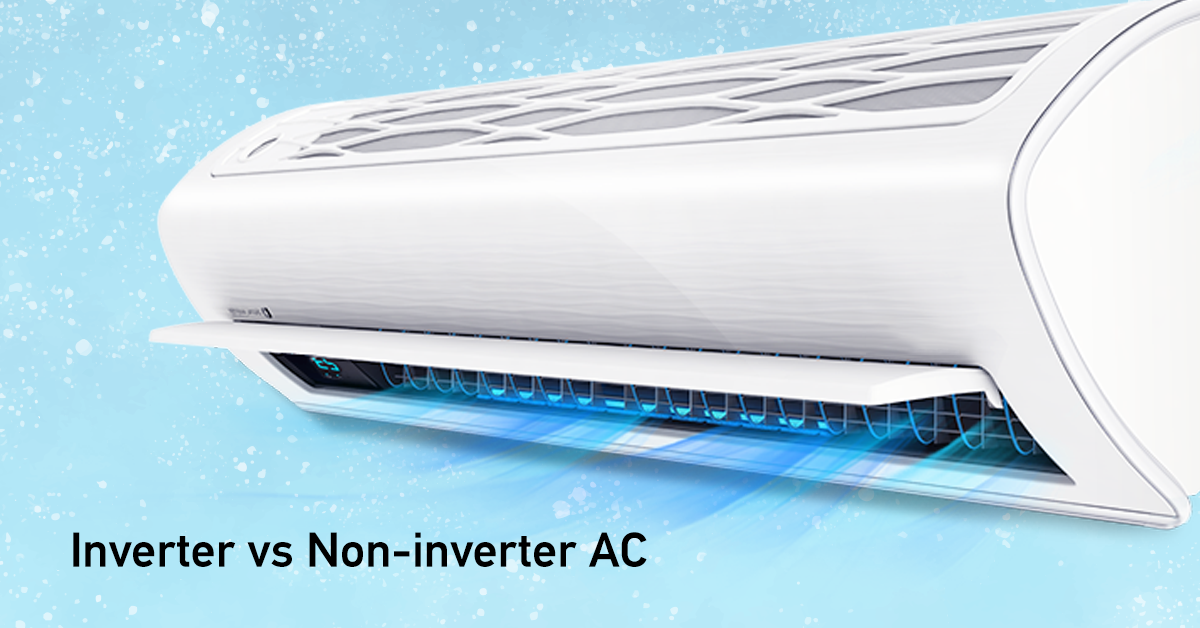Keeping a healthy and clean kitchen

A clean kitchen is essential for any house because it ensures the safety of the food you and your family will eat and protects everyone in the house from becoming sick. It does not take much effort to keep your kitchen clean. You just need to pay attention to details and make sure anyone who uses the kitchen follows the standard you desire.
These tips will help you understand what you can do to keep your kitchen clean.
1. Always wash your hands before you begin to do anything in the kitchen. Remove rings and watches because bacteria can live under you ring or watch and can spread into your food. If you have help in the kitchen, make sure he or she follows this rule. You can make it easier for them by giving them soap and a hand towel just for them to use. This is important because they may prefer to use their hands for mixing ingredients.
It is also important to wash your hands after:
• You have touched meat or fish and before you start cutting vegetables
• You have used your hands to cover your mouth when you have sneezed, coughed or to wipe your nose
• You have used your hands to fix your hair
• You have used your hands to taste food
2. Make sure whoever works in the kitchen on a regular bases maintains proper personal hygiene. Hair should always be tied back, and clothes should fit well so that it does not drag through the food. Nails should be short and clean.
3. Any injuries that happen in the kitchen should be taken cared of promptly. It can take some time for a cut finger to stop bleeding, so make sure you properly take care of it and bandage it before you touch food again. If blood has fallen on food, discard it, and clean any area that has gotten blood on it with a disinfectant.
4. If you are sick with a cold, vomiting, diarrhoea or fever, it is best to not attend to cooking. Your sickness will easily spread to everyone else in the family.
5. Microwave ovens, refrigerators and other home appliances should be cleaned regularly. When black lines or marks begin to appear on handles and taps, it means that mildew and fungus has started to grow. It is important to clean the inside and the outside of your refrigerator and microwave oven as when food begins to accumulate, bacteria and germs will begin to multiply.
6. Pay special attention to the top of your stove. This area quickly get covered with food as it spills over the top of your pot as you stir. Research has shown that this is one of the dirtiest areas in a kitchen. When the food is not wiped away and cleaned, it allows bacteria to collect, and it attracts insects such as cockroaches and sometimes mice. The insects and mice excrete in the area making it even more harmful to your family.
Therefore, it is very important to make sure that at the end of every day no food is left around the stove. You should also make sure no food bits are left:
• On the counter tops
• On the floor
• Behind and on any kitchen appliances
• In the sink
• On the dining table
7. At the end of every day, wash out hand towels, sponges, brushes and any other cleaning cloths, and put them to dry. It is important that these things do not stay wet as bacteria can continue to live in them. When they dry out completely, all the bacteria will die, and you have fresh clean towels to use the next day.
8. Wash fruits and vegetables when you bring them home from the shop and before you put them away. This is important even if you think they look clean and are from a good place. To remove any chemicals and germs on them, it is best to wash in a solution of non-toxic soap, a mixture of synthetic vinegar and water, or salt water.
9. Any food that is left over that you want to eat later, should be put in the refrigerator immediately. Foods that contain meat should be used within two days. Foods that contain mostly vegetables and dhal should be used within four days. If you have had a power outage, it is best to throw away any cooked food.
10. If you want to cook a large amount of food to last a long time, it is best to cool it and store it in single serving size containers and keep them in the freezer. This way you can take out exactly how much you need, and you can avoid heating up the whole amount and putting it back in the freezer, which would destroy the nutrition content of the food.
11. Always check the expiry date and never eat food that is past the used by date. This is especially important for food such as milk, meat, poultry and fish. They are highly perishable and can quickly become contaminated with dangerous bacteria.
12. Always store cooked food and raw meat in a covered container. This will prevent it from being contaminated by other uncooked foods you have in the refrigerator. Keep the refrigerator clean and organized.
13. It is best to soak rice, dhal, and beans in water for half an hour and rinse well before you use it. This will make sure that any added colours, chemicals, and pesticides are washed away.
14. Never cut fruits and vegetable on the same cutting board as you will cut meat, poultry or fish. Properly clean any surface you have cut meat, poultry or fish, and then only use it for cutting anything else.
15. After every meal, make sure all the kitchenware you used to cook with and eat off is properly cleaned and stored in a way that allows them to dry. Letting them stay wet will allow moisture to build up, and this will promote the growth of fungus and bacteria. When possible, wash them in warm water as this will ensure the removal of oil.
16. Do not eat while cooking. Not only is this unhealthy for you as it is healthier to eat a proper meal at the right time, but you risk putting your germs into the food.
17. Don’t leave dirty dishes in the kitchen at night. This will attract cockroaches and other insects throughout the night — leaving you a dirty kitchen to start your day.
18. Once or twice a month, do a big cleaning of your kitchen. Empty cupboards and throw out anything old. Clean the inside of the cupboards and drawers with a disinfectant solution to keep away ants and other insects.
Bacteria can survive on your kitchen surfaces and in your cleaning towels and sponges for a long period of time. This bacteria can be transferred from place to place by your hands, so it is important that all surfaces are cleaned before and after food is prepared. At the end of the day, clean and allow the space to dry. This is also important for anything you use in the kitchen such as towels.





